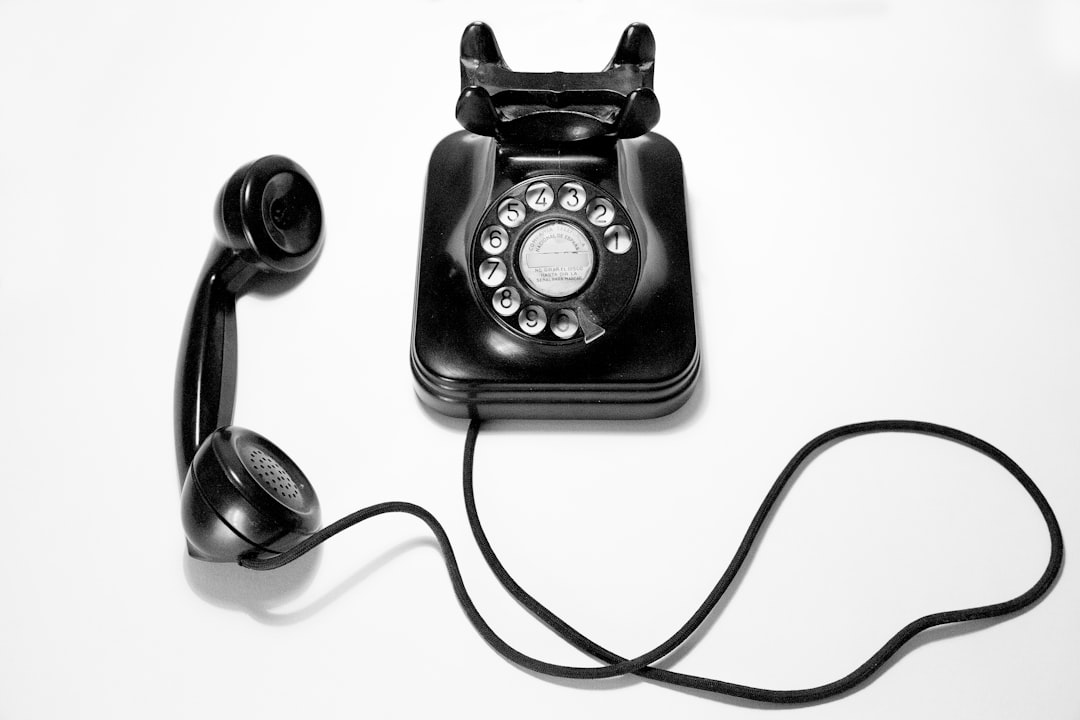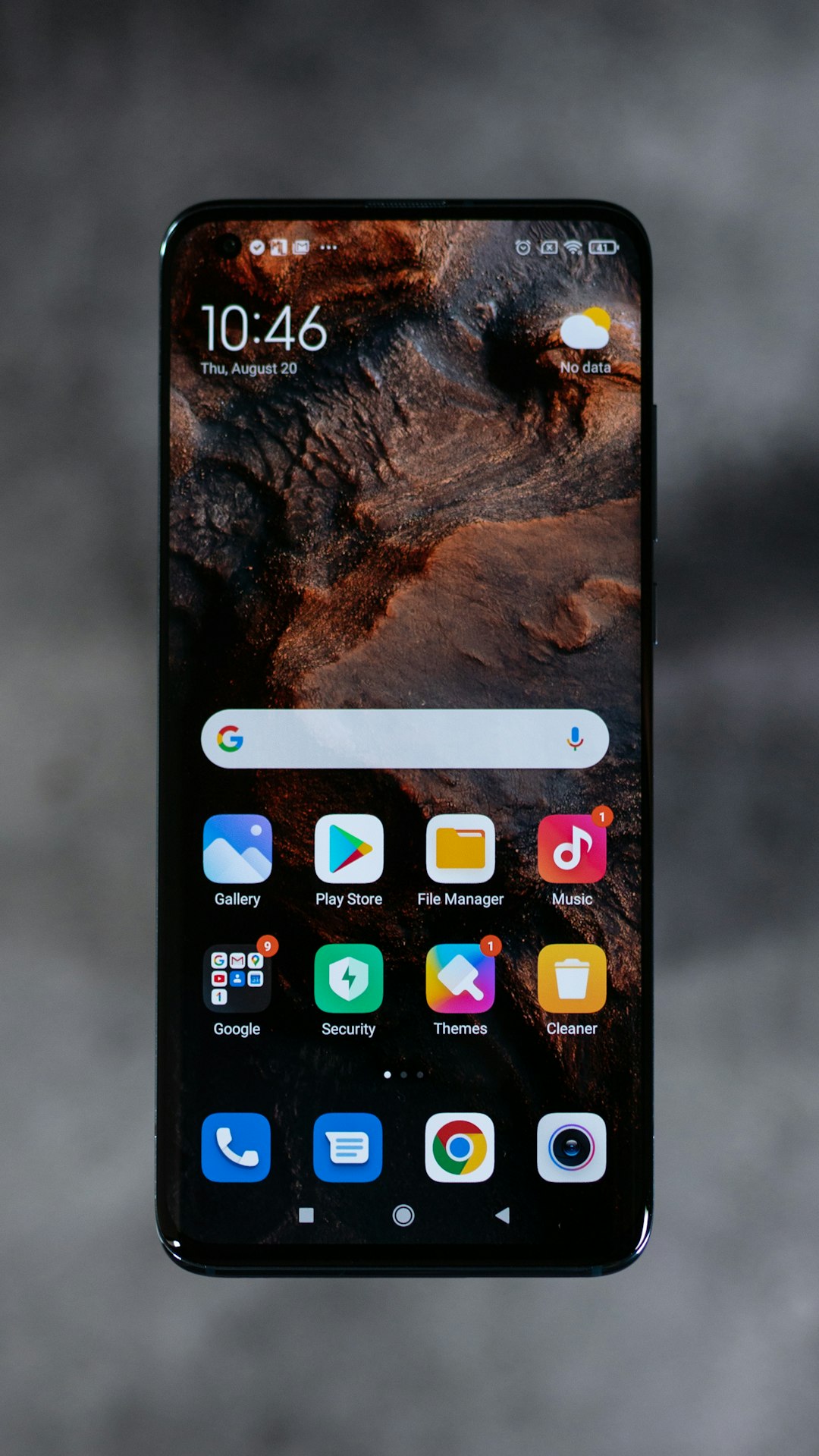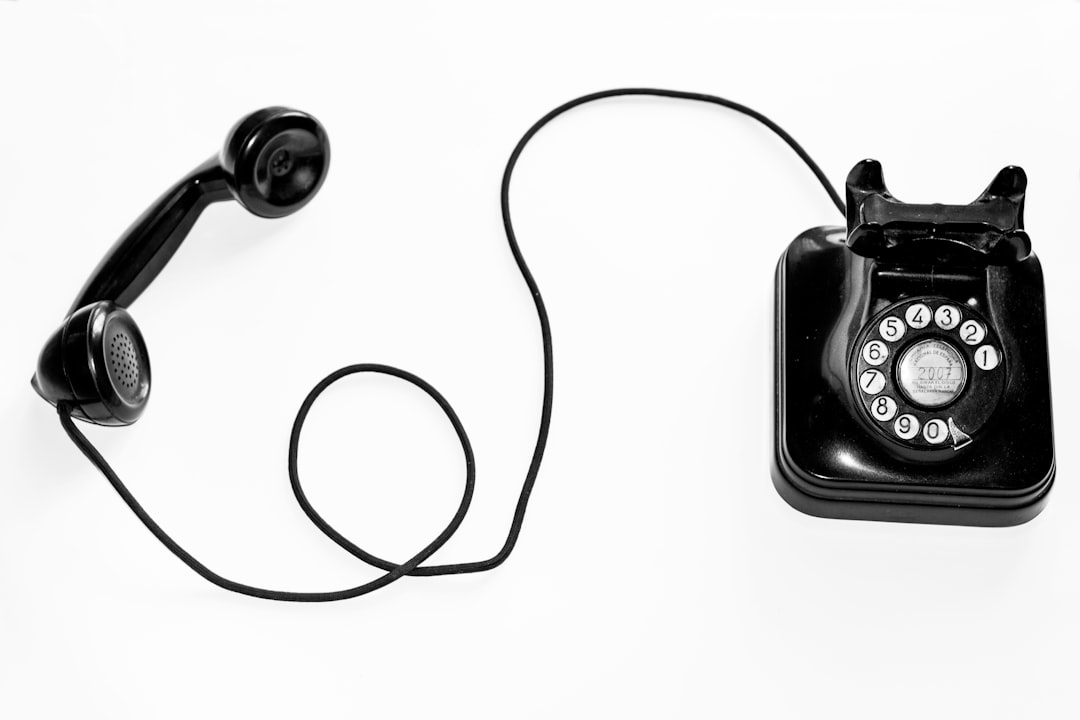IoT devices' integration into modern life in Ohio brings both benefits and security risks, particularly phone-based attacks. The state's TCPA regulations offer protection, but IoT vulnerabilities due to cost constraints, rapid development, and limited expertise pose challenges. Ohio's legal framework, with a focus on TCPA specialists, empowers consumers and holds businesses accountable. These lawyers guide companies in data encryption, communication security, and authentication to fortify defenses against malicious actors targeting connected devices. Continuous research and collaboration are vital to adapt to evolving cyber threats, as demonstrated by efforts from a lawyer for TCPA Ohio.
In an era where Internet of Things (IoT) devices are increasingly integrated into daily life, ensuring their security against phone-based attacks is paramount. This article delves into Ohio’s efforts to protect IoT devices, examining its legal framework and the role a TCPA lawyer plays in navigating this complex landscape. We explore real-world case studies, highlighting successes and challenges, offering insights into how Ohio is safeguarding its digital future with a focus on TCPA lawyer expertise.
Understanding IoT Devices and Their Vulnerabilities in Ohio

Internet of Things (IoT) devices have become an integral part of modern life in Ohio, from smart home systems to industrial automation. However, their increasing prevalence also highlights a growing concern—their vulnerabilities to phone-based attacks. As a lawyer for TCPA Ohio, it’s crucial to understand these weaknesses to appreciate the state’s efforts to protect consumers and businesses.
IoT devices often lack robust security measures due to various factors, including cost constraints, rapid development cycles, and limited technical expertise. This makes them attractive targets for malicious actors who can exploit these vulnerabilities using simple phone-based techniques. Ohio, recognizing this risk, has implemented regulations to enhance the security of IoT devices, aiming to mitigate potential attacks and ensure consumer protection.
Ohio's Legal Framework for Protecting IoT Devices from Phone-Based Attacks

Ohio has taken steps to protect Internet of Things (IoT) devices from phone-based attacks, primarily through its legal framework governing telecommunications. The state’s laws, particularly those related to the Telephone Consumer Protection Act (TCPA), provide a solid foundation for addressing these security concerns. A lawyer specializing in TCPA Ohio can offer valuable insights into navigating this complex legislation.
The TCPA prohibits unauthorized calls and messages to personal devices, including those from IoT systems. By enforcing these rules, Ohio aims to mitigate the risks associated with phone-based attacks on IoT devices. This includes protecting consumers from unwanted calls and ensuring that businesses adhere to strict guidelines when communicating with customers via automated systems.
The Role of a TCPA Lawyer in Navigating IoT Security

In the rapidly evolving landscape of Internet of Things (IoT) security, where connected devices are increasingly becoming targets for phone-based attacks, a TCPA lawyer in Ohio plays a pivotal role. These legal professionals specialize in navigating the complex regulatory environment surrounding telecommunications and consumer privacy, which is particularly relevant as IoT technologies proliferate. They ensure that companies designing and deploying IoT devices comply with crucial regulations like the Telephone Consumer Protection Act (TCPA), thereby fortifying these devices against potential security breaches.
A lawyer for TCPA Ohio guides their clients in implementing robust security measures to protect sensitive data exchanged between IoT devices and users’ smartphones. This includes advising on best practices for securing communication protocols, encrypting data transmission, and employing authentication mechanisms to prevent unauthorized access. By leveraging their expertise in TCPA compliance, these lawyers help foster a culture of cybersecurity within organizations, ultimately safeguarding consumers from malicious attacks targeting connected devices.
Case Studies: Successes and Challenges in IoT Device Protection in Ohio

In Ohio, the protection of Internet of Things (IoT) devices from phone-based attacks has been a subject of increasing focus and concern. Case studies reveal both successes and challenges in this domain. One notable success story involves a collaboration between local tech startups and legal experts specializing in the Telephone Consumer Protection Act (TCPA). Together, they developed innovative solutions to secure IoT communication protocols, significantly reducing vulnerability to hacking attempts via smartphone applications.
However, challenges remain. Despite these advances, Ohio’s IoT security landscape is complex, with diverse device types and outdated systems presenting ongoing difficulties. A lawyer for TCPA Ohio notes that while regulatory frameworks like the TCPA offer a solid legal foundation, enforcement and standardization efforts are still in progress. As such, continuous research, collaboration, and adaptation are crucial to ensuring robust IoT protection against evolving cyber threats.






